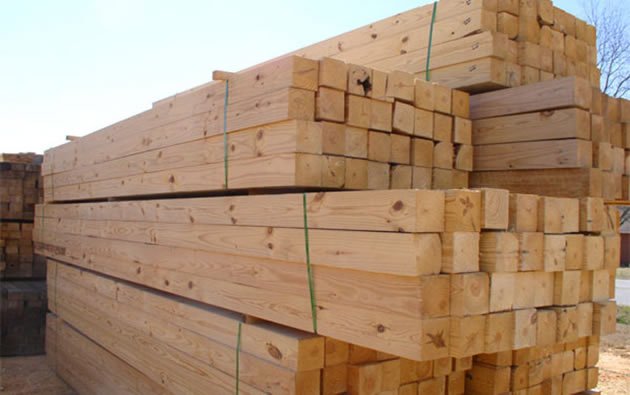
Walking about 25km to work without getting paid has become the new normal for Allied Timbers Zimbabwe workers.
BY KENNETH NYANGANI
A media tour of the company’s premises in Mutare and Nyanga last week exposed the sorry state of affairs at the timber processor.
Allied Timbers workers committee chairperson Munei Muziyawo said employees were bearing the brunt of the rot at the once vibrant company.
“Some of our colleagues are walking up to 25 km to work, but they are so committed they continue to come.
“We have reported cases of some workers fainting at work because of hunger,’’ he said.
Muziyawo said workers were worried “because we have gone for almost eight months without getting our salaries but at least the new bosses have been paying to cover up for some months”.
- Chamisa under fire over US$120K donation
- Mavhunga puts DeMbare into Chibuku quarterfinals
- Pension funds bet on Cabora Bassa oilfields
- Councils defy govt fire tender directive
Keep Reading
The new management led by Daniel Sithole has promised to clean up the mess under a restructuring exercise.
At its Mutare premises in Nyakamete industrial area, the stress grading machine used in the value addition process of timber products was missing and the new management says they do not know where the machine was taken to by the previous executive.
Sithole was appointed CEO early this year following the exit of Joseph Kanyekanye in 2015.
The MTA press that is commonly used for joining timber figures in the lamination section is in a sorry state, while the Antediluvian door plant machinery is no longer functioning.
Despite the sorry state of the incinerator at Erin Estate in Nyanga, the machine remains in use, posing a risk to the workers.
Muziyawo said “everything is in disarray as many machines were stripped. Since around 2001-02, our central workshop has been outsourcing services such as vehicle repairs ’’.
Allied Timbers corporate communications manager Veronica Gutu said the company was confident of going back to its good old days and was getting funding to recapitalise operations.
“Agribank and Infrastructure Development Bank of Zimbabwe are helping us with funding to recapitalise.
“We are also waiting for funding from the government of Belarus.
“This will help us to service our loans and revitalise our workshops,’’ Gutu said.
“We want to make sure we are back on our feet. We have stopped giving contracts after our boss ordered that we should start afresh. We are very confident that we will get back on our feet.”
In some of the premises dotted around Manicaland, the integrated timber concern is running one shift, instead of two.












